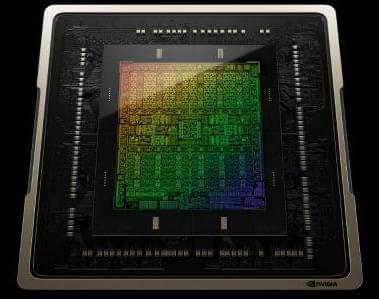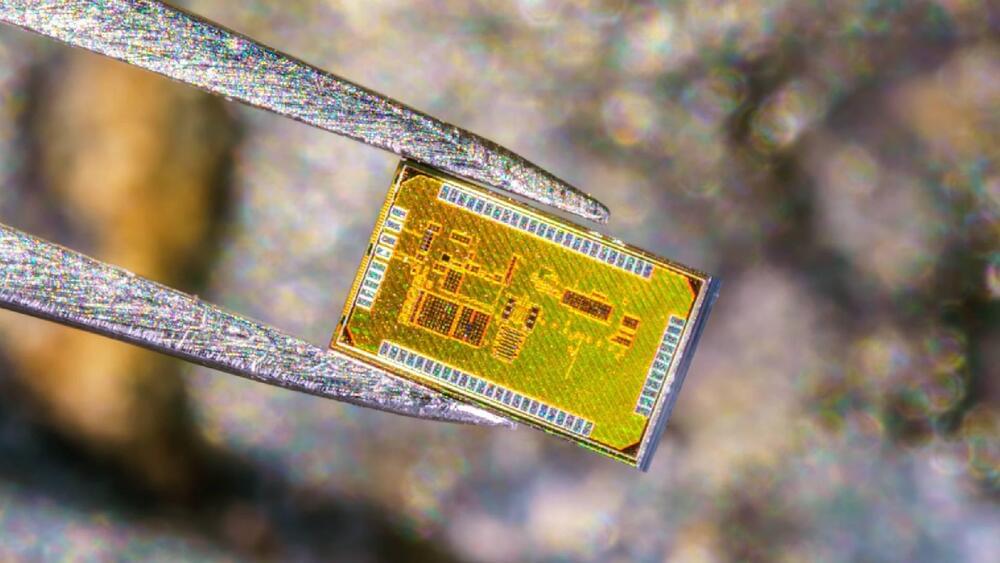Mar 2, 2023
Putting Carbon Dioxide to Good — Scientists Use Electrochemistry To Convert Carbon to Useful Molecules
Posted by Paul Battista in categories: chemistry, innovation
A joint effort in chemistry has resulted in an innovative method for utilizing carbon dioxide in a positive – even beneficial – manner: through electrosynthesis, it is integrated into a series of organic molecules that play a crucial role in the development of pharmaceuticals.
During the process, the team made an innovative discovery. By altering the type of electrochemical reactor used, they were able to generate two distinct products, both of which are useful in medicinal chemistry.
The team’s paper was recently published in the journal Nature. The paper’s co-lead authors are postdoctoral researchers Peng Yu and Wen Zhang, and Guo-Quan Sun of Sichuan University in China.

















